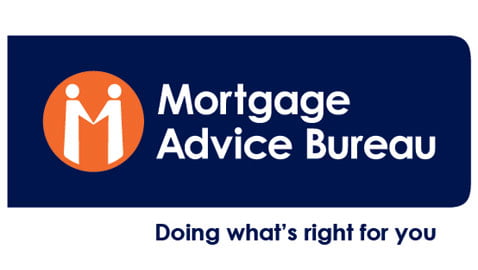
10% of mortgage applicants to Mortgage Advice Bureau in December opted for variable rates.
This was up from 6% 12 months ago and the highest proportion recorded in over two years (since November 2012) as expectations of a 2015 interest rate rise from the Bank of England recede.
Mortgage Advice Bureau’s National Mortgage Index found that December 2014 saw 8% of homebuyers choose variable rate products, compared with 5% in one year earlier. Similarly, 15% of homeowners opted for variable rates when remortgaging last month – up from 8% in December 2013.
Using data from Moneyfacts, the Index also shows average two year tracker rates hit a new low of 2.38% in December, down by 10 basis points (bps) from 2.38% in November to the lowest figure since the Index began tracking this 7 ½ years ago (in June 2007). Comparing year on year, two year tracker rate pricing has fallen almost twice as far (down 60bps) as two year fixed rate pricing (down 33bps) since December 2013.
Both two and three year fixed pricing also reached record lows in December 2014 (3.21% and 3.44% respectively).
Brian Murphy, head of lending at Mortgage Advice Bureau (MAB), said: “The surprise fall of UK inflation to 0.5% in December – and the potential that low inflation may persist in 2015 – set the already slim likelihood of a Bank Rate rise back even further. Uncertainties surrounding the election meant a rate rise was always unlikely for the first half of 2015, but with the MPC unanimous in keeping the 0.5% rate this month, we could easily see it in place for the rest of the year.
“Mortgage borrowers can therefore expect to enjoy the current low rates on the market for some time. Two year tracker and two and three year fixed rates continued to fall to record lows in December, and the competitive lending market makes it likely that rates still have room to decrease further. With a Bank Rate rise no longer on the immediate horizon, we have seen the popularity of fixed rate products begin to subside, as borrowers feel more confident in purchasing variable rate products.
“Rates speculation mean the eventual rise should not come as a surprise, particularly to new homeowners whose incomes are being thoroughly stress tested for higher repayments. The Bank of England’s guidance that any increase will be gradual and at a slower pace than in previous cycles still stands true. This means there is unlikely to be much immediate impact on homeowners’ finances, and borrowers are being given plenty of time to prepare.”